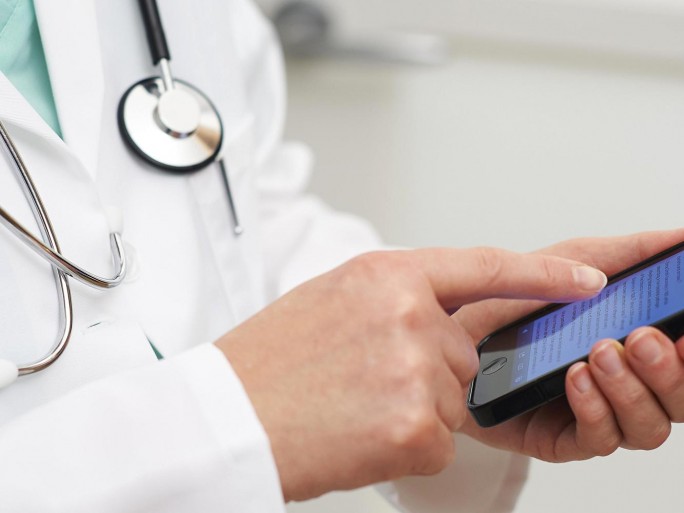NHS Gets Government Support To Go Paperless By 2020

Health Secretary Jeremy Hunt outlines £4.2bn of funding to help transform the NHS
The UK Government has revealed a major campaign aimed at bringing the NHS into the 21st century with hugely increased links to some of the latest technology.
Health Secretary Jeremy Hunt unveiled £4.2bn worth of government funding to create a ‘paperless’ system within the national health service that would look to make many processes run faster and smoother than ever before.
This includes removing outdated technology like fax machines, as well as supporting ideas such as electronic records and online appointments, prescriptions and consultations, helping make services better for doctors and patients alike.
Upgrades
 The announcement follows earlier calls back in September 2015 to get the NHS to go paperless, which with £1.8bn makes up the bulk of the funding.
The announcement follows earlier calls back in September 2015 to get the NHS to go paperless, which with £1.8bn makes up the bulk of the funding.
When complete, this will also mean that all NHS patients will be able to have access to their own electronic health record, which will be stored online so that it can be easily accessed and shared between doctors, meaning that patients will not continually need to repeat their medical history.
GP services will also be made more widely available to patients using electronic devices, as the government looks to have at least 10 percent of patients able to access GP services using computers, tablets or smartphones by March 2017.
Patients with long-term health issues, such as diabetes or high blood pressure, will also soon be able to upload and send real-time data to medical professionals, with many also hoped to be able to monitor their health remotely.
Among the other details included in the government’s investment is £1bn to support cyber-security and data consent platforms across the new system, which will have to deal with huge amounts of information coming online for the first time.
Also included is £750m to cover the digitisation of social care and emergency care, and about £400m to build a new NHS website as well as developing apps and provide free Wi-Fi.
The government previously announced back in December that free Wi-Fi would be provided in all NHS buildings in England but a deadline has still not been set.
Step up
However some were sceptical about the announcement, given several the high-profile failure of similar schemes in the past.
Most notably, the government axed the costly £12.7 billion NHS Programme for IT (NpfIT), set up by the previous Labour government and thought to be the world’s biggest civil IT project, back in 2011 after it attracted fierce criticism.
Initially budgeted for £6bn, the NpfIT project, which looked to move the English NHS towards a single, centrally-mandated electronic care record for patients, quickly spiraled out of control to more than double that amount due to rising costs, the removal (or sacking) of two IT providers, and widespread mismanagement.
Do you know all about public sector IT? Take our quiz!